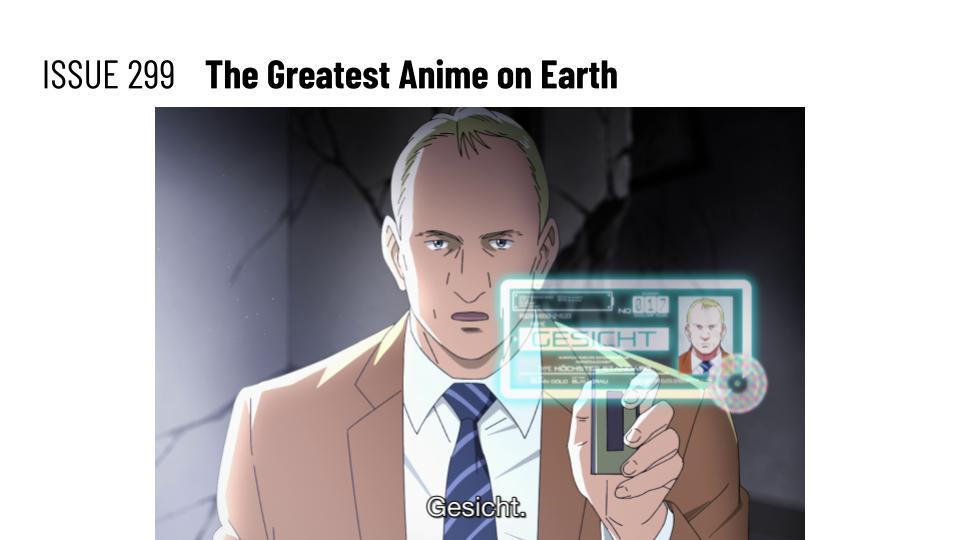Issue #299: The Greatest Anime on Earth
I was born to pretend the Netflix batch release of the Pluto (2023) anime series is a weekly event for the sake of writing about each episode in as much detail as I can muster. So that’s what I did.
I also watched Fincher’s The Killer (2023) this weekend. It’s really good, but I think I’ll save long form writing about it until it’s more widely available…



